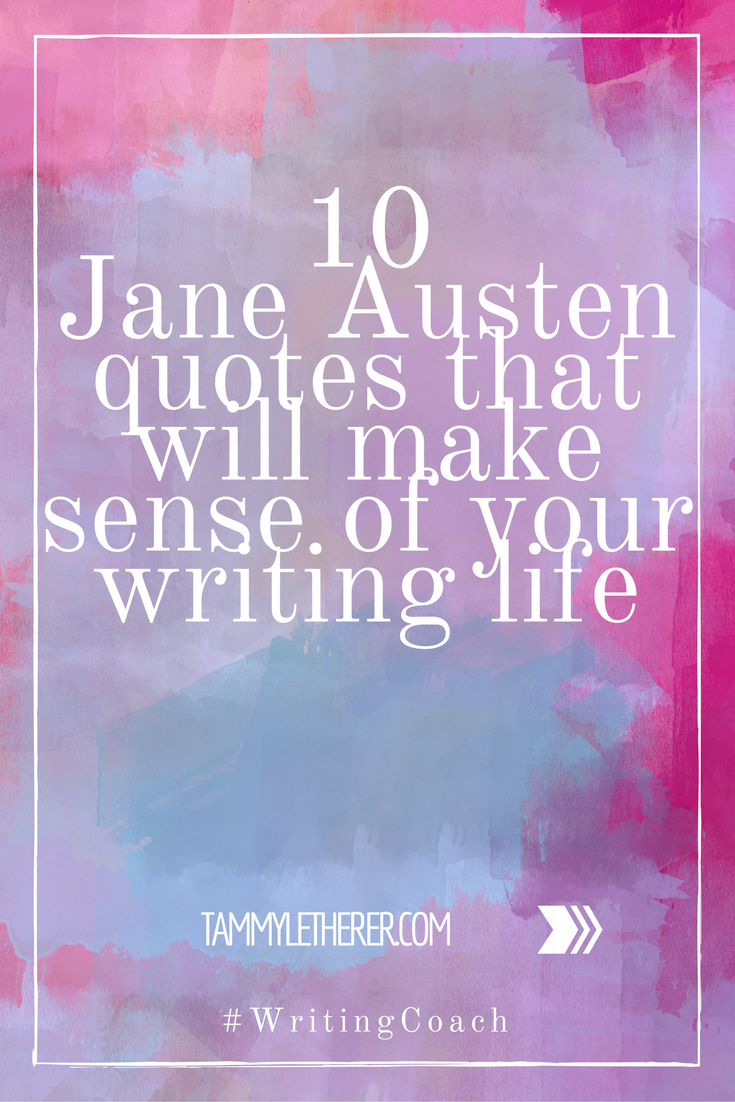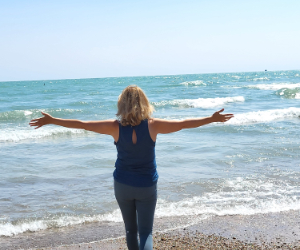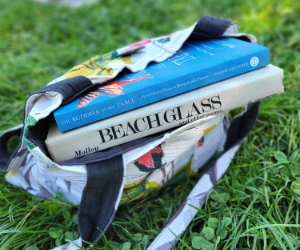 More than 150 years ago, a former Harvard professor named Henry was awakened from his nap by the sound of screams. His wife Frances’ dress had caught on fire. Henry rushed to her aid, but she was quickly engulfed in flames. She died the next day, leaving Henry with their six children.
More than 150 years ago, a former Harvard professor named Henry was awakened from his nap by the sound of screams. His wife Frances’ dress had caught on fire. Henry rushed to her aid, but she was quickly engulfed in flames. She died the next day, leaving Henry with their six children.
Henry was devastated and never fully recovered. And several years later, when his son was badly injured in the Civil War, Henry Wadsworth Longfellow wrote a poem. It was one of despair and hope, war and peace, and became a Christmas carol still heard today.
In despair I bowed my head:
“There is no peace on earth,” I said;
“For hate is strong,
And mocks the song,
Of peace on earth, good-will to men!”
As we head toward the Winter Solstice on Dec. 22, the longest night of the year, I feel the sorrow of those words. I too see war and hate, I worry about my children, I grieve the deaths of past relationships, and I struggle daily to cultivate peace within myself.
I feel the pull of the darkness, yet all around, the glitz and glow of the Christmas season shouts at me to be merry. It’s a challenging contradiction. Nature nudges me to sleep longer, dream more, to rest and reflect, while society tells me to socialize effortlessly, spend money endlessly, to be jolly and light.
Like the poet says, it’s a message that can feel mocking.
But the solstice is about believing that light will prevail. It’s about waiting for the bells to ring again. It’s knowing that any shadows of despair I may feel in the last days of the year are natural and necessary in my ongoing process of rebirth.
Longfellow was able to wait for the light despite his personal pain and loss. Even as he watched his country fight a cruel and bloody war, he believed in peace. Christmas Bells continues:
Till ringing, singing on its way,
The world revolved from night to day,
A voice, a chime,
A chant sublime
Of peace on earth, good-will to men!
I imagine that his own inner light was what led him out of darkness. And that his light was fueled by a strong sense of purpose.
In a letter he wrote to his father when he was still a teenager, he said, “I most eagerly aspire after future eminence in literature. My whole soul burns most ardently after it, and every earthly thought centers in it.”
What does cultivating our own passions and purpose have to do with creating peace? Won’t the world be happier if I give gifts and string lights and make merry?
Temporarily. But peace on earth is no more than the lyric of a song until we find our own peace. And the darkness is here to show the way. It’s only in the darkness that we can see what burns most ardently in our souls. Or hear the sublime chant of our hearts.
How will you spend the longest night of the year? Can you sit with your own dark side, with your disappointments and fears, your sadness and grief, and give them space to be reborn into something new?
Will you be ready to hear the ringing of the bells?
(Read on The Huffington Post)









Hi Tammy, great piece, I love the quote by Longfellow about his desire to make literature pay off for hi Tammy, great piece, I love the quote by Longfellow about his desire to make literature pay off for himself. I had to pull that “out of there I’ve been thinking a lot about darkness and light lately. I’ve come to the conclusion that darkness can’t be bad if it makes up 95% of the universe. God is everything that would be like saying 95% of God is bad. I don’t believe that God is either bad or good. It just maintains an equilibrium. But that is for another piece. Just beyond the light with darkness and light begin to overlap is where all of our growth occurs. You know I love your work. It always inspires me. Right now I’m trapped in your book. It makes me feel a little like I’m living your life.